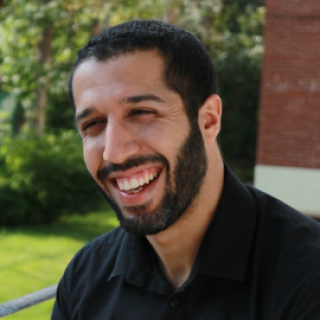Re-Politicising Health Research: A Reflexive Ethnography at the Nexus of Race and Fear
“I stay away from politically-sensitive topics,” a Muslim NHS professional told me. I thanked him, not without some disappointment, and we parted ways. Two minutes prior, I had introduced myself at the entrance of a mosque. The professional was encouraging attendees to donate blood and I - new to London - was keen on making acquaintances with others who married their work with activism. Little had I known then the political sensitivity of my research topic, Prevent. I can understand why. I, too, have experienced the fear of speaking out on morally-sensitive subjects.
This was not an isolated incident; my fieldwork is laced with experiences and narratives of treading that fine line between health and politics. But are they divided? What does it mean for NHS staff to “not want to engage in politically-sensitive topics”? What are the implications of such a sentiment in the research of health policies? How do my experiences inform the research process and indeed the field itself? These are some of the questions that will be addressed when discussing healthcare as an apolitical space, and the moral sensitivity of certain health subjects over others.

About the speaker
Tarek Younis is a cultural psychologist and has a PhD in Clinical Psychology. He is currently a British Academy fellow exploring the impact of statutory counter-terrorism policy in health settings, and its impact on British Muslim mental health access. Otherwise his research interests revolve around the cultural and political dimensions of mental health (theory and intervention) at the intersection of cultural psychology and medical anthropology. He teaches on the impact of culture, religion, globalization and policy changes on psychological interventions.
 Close
Close

